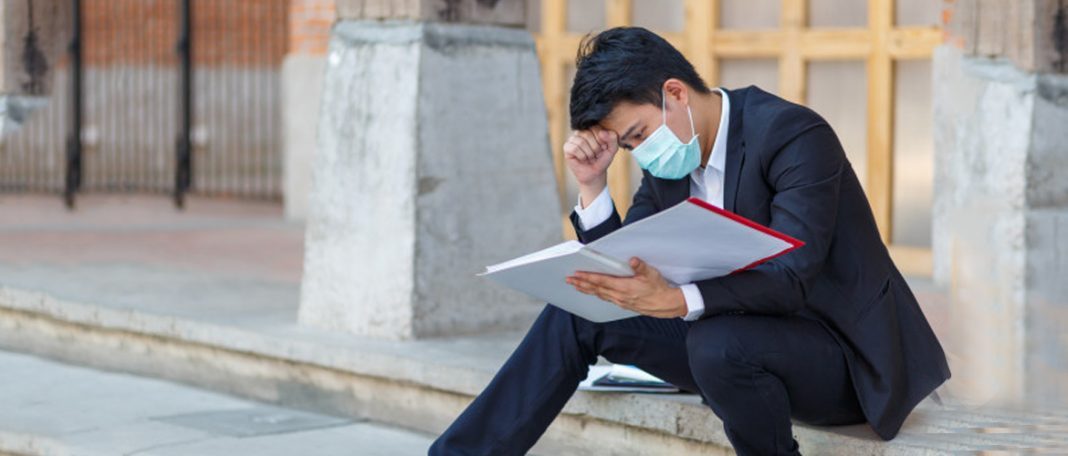Nearly one-third of Americans are coping with fear, anxiety, and COVID pandemic stress. Life has become incredibly uncertain and challenging as a result of a pandemic outbreak. The world is currently gripped with the feeling of stress and scary situations due to the virus. Recognizing the symptoms of depression and anxiety and getting assistance at the right time is essential.
Who Is at the Risk of COVID Pandemic Stress and Anxiety?
Working Mothers
Psychiatrists confirm that most common patients suffering from COVID pandemic stress are working mothers who try to manage their full-time job at home while being responsible for kids at home. Many mothers report loss of interest in the past hobbies, lack of motivation, thoughts about suicide and death, uncontrollable emotions, unmanageable anger, difficulty focusing, irritable feeling, low energy levels, guilt, and no meaning of life. This stress eventually results in feeling incompetent both at work and at home.
Students
Campus closures and online classes have increase student anxiety. In a study conducted by the American Collect Health Association, two-third of students reported their financial situation has become more stressful during the pandemic. 26% have indicated that the circumstances have become stressful. About 65% of students are extremely concerned about how long the quarantine will last.
Elderly
With the pandemic outbreak, elderly people especially with underlying medical conditions like high blood pressure, asthma, heart problems, and diabetes are more vulnerable to this disease and they are trying hard to cope up with the COVID Pandemic Stress. Elders living alone seek different ways to deal with loneliness. Many elders don’t have domestic help and caregivers coming in leaving them to manage all household chores themselves.
A recent survey confirms that 30 percent of adults had symptoms of COVID pandemic stress and anxiety which is 6.6% higher than the stress levels last year. People of all age groups are experiencing trauma from the widespread pandemic. Grief over the loss of loved ones, job security, relationship struggles, finances, lifestyle, fear of getting sick, absence of entertainment, no access to community help or caregivers, etc.
In general, lockdown, home quarantine, no access to gyms, vacations, friends, outings, work from home contribute to COVID Pandemic Stress.
How to Cope Up?
Beyond the COVID situation, people are now in need of medical advice to cope up with COVID pandemic stress. The social isolation and the effects of distancing can harm the mental ability of a person easily. You can try these simple ways to manage anxiety and isolation. Increasing the duration of video calls and phone calls can prevent depression. You might have one or two bad days but if you feel low on energy throughout, you need to consider seeking professional help immediately. Try to differentiate the behavior and if you are unsure about something, take advice.
Is It Depression or Sadness? Ask Yourself
- Do you feel intense sadness that lasts for a few days?
- Do you have thoughts of suicide?
- Do you feel tired?
- Do you have a feeling of hopelessness?
- Do you take alcohol/drugs to manage your mood?
- Has your eating pattern changed lately?
- Have you lost interest in your hobbies and work you used to enjoy?
- Do you feel guilty?
- Do you fight more often?
- Do you lose your temper?
If you answer ‘yes’ to most of these questions, you should seek help immediately. COVID pandemic stress is a serious condition but with proper help, you should be able to cope up. Check this out to overcome quarantine fatigue and to practice self-soothing during the pandemic.


















